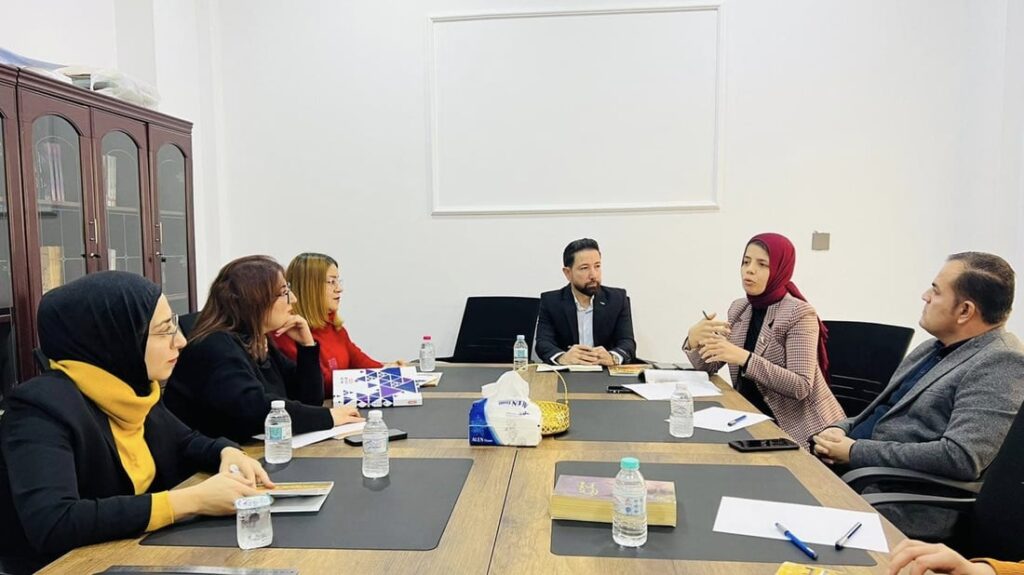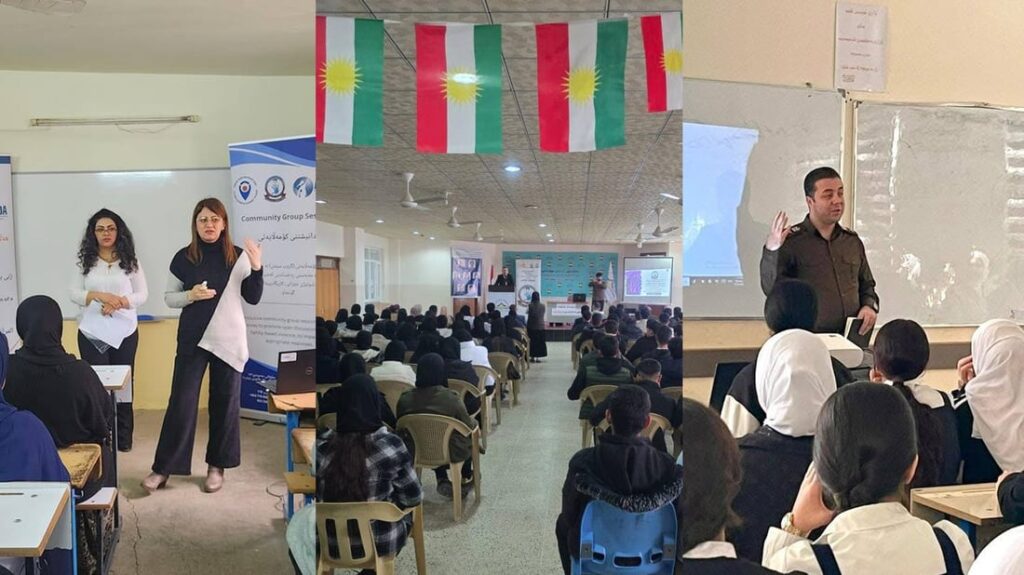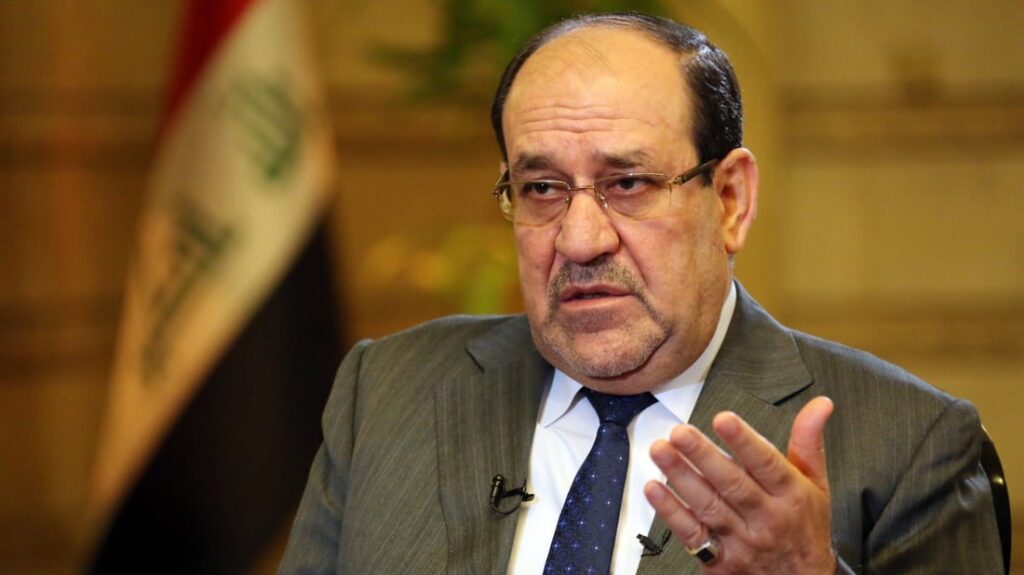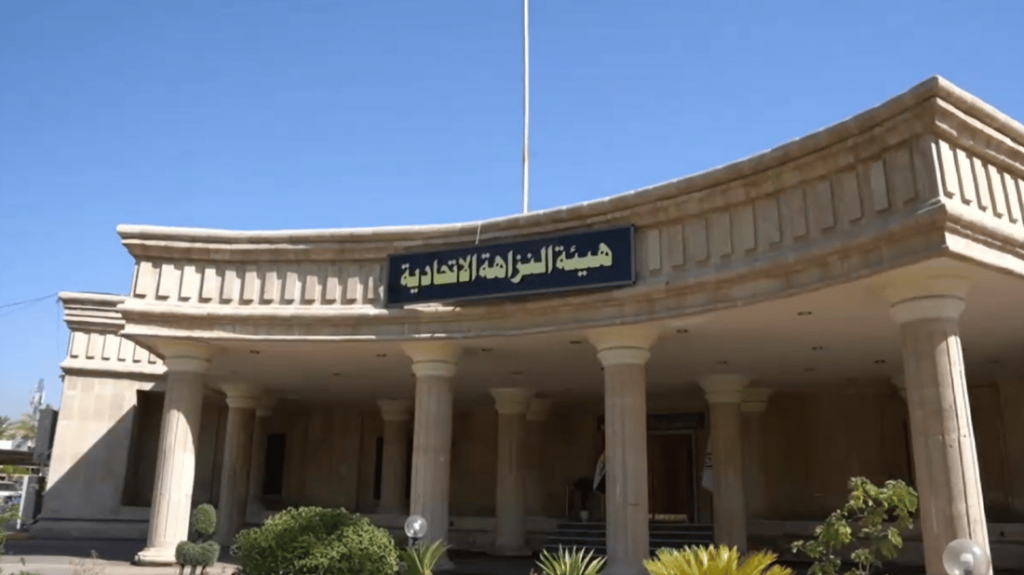Iraq: Logistics Cluster: Iraq Closure Report (December 2019)
OVERVIEW
A surge in violence between armed groups and government forces in Iraq in January 2014 displacedmillions of people across the country. The security situation rapidly deteriorated and restricted access to affected areas, provoking one of the fastest growing humanitarian crises in the world. As a result, the Inter-Agency Standing Committee (IASC)declared a system-wide Level 3 emergency (L3). The Logistics Cluster, led by the World Food Programme (WFP), was activated by the Humanitarian Coordinator on 3 April 2014. By June 2015,152 organisations were responding to the emergency, including national and internationalNGOs, UNagencies, and otherlocal actors.
The 2014-2015 Strategic Response Plan estimated that 5.2 million people were in urgent need of humanitarian assistance due to widespread violence and insecurity. By June 2015, the estimated numberof people in need rose to over 8.2 million, increasing to 10 million by2016. By late 2016, large-scale military operations conducted in and around Mosul,Telafar, Hawija, and western Anbar resulted in the evacuation of over 1million people, due to the destruction of homes and livelihoods.
The Logistics Cluster facilitatedthe delivery of humanitarian assistance to the affected population by providing the humanitarian community with information managementandcoordinationsupport, and byfacilitatingaccess to logistics services includingcommon storageand transport. Specific activities were implemented in the following areas:
• Coordination: regular meetings were held in the main hubs of Baghdad, Dahuk, Erbil, and in field locations as needed.
• Information management (IM): relevant and up-to-date information, including situation updates, operation overviews, customs snapshots, field assessment reports, meeting minutes, maps, and infographics were shared with the humanitarian community.
• Logistics services provision: common storage facilities, mobile storage units (MSU), and emergency transport were provided, as well as customs facilitation through the One Stop Shop (OSS) in Erbil.
• Capacity building and training activities: tailored logistics trainings were offered to humanitarian organisations and government staff from both the Kurdistan Region of Iraq (KRI) and Federal Iraq (FI).
Following the scale-down of operational activities and Logistics Cluster deactivation, the Global Logistics Cluster (GLC), in close collaboration with the WFP country office will begin implementation of Preparedness Project initiatives across 2019-2020. The project will build upon the capacity building activities rolled out during the operation, with the aim to continue to support the augmentation of national level logistics capacity to prepare for and respond to future crises.





